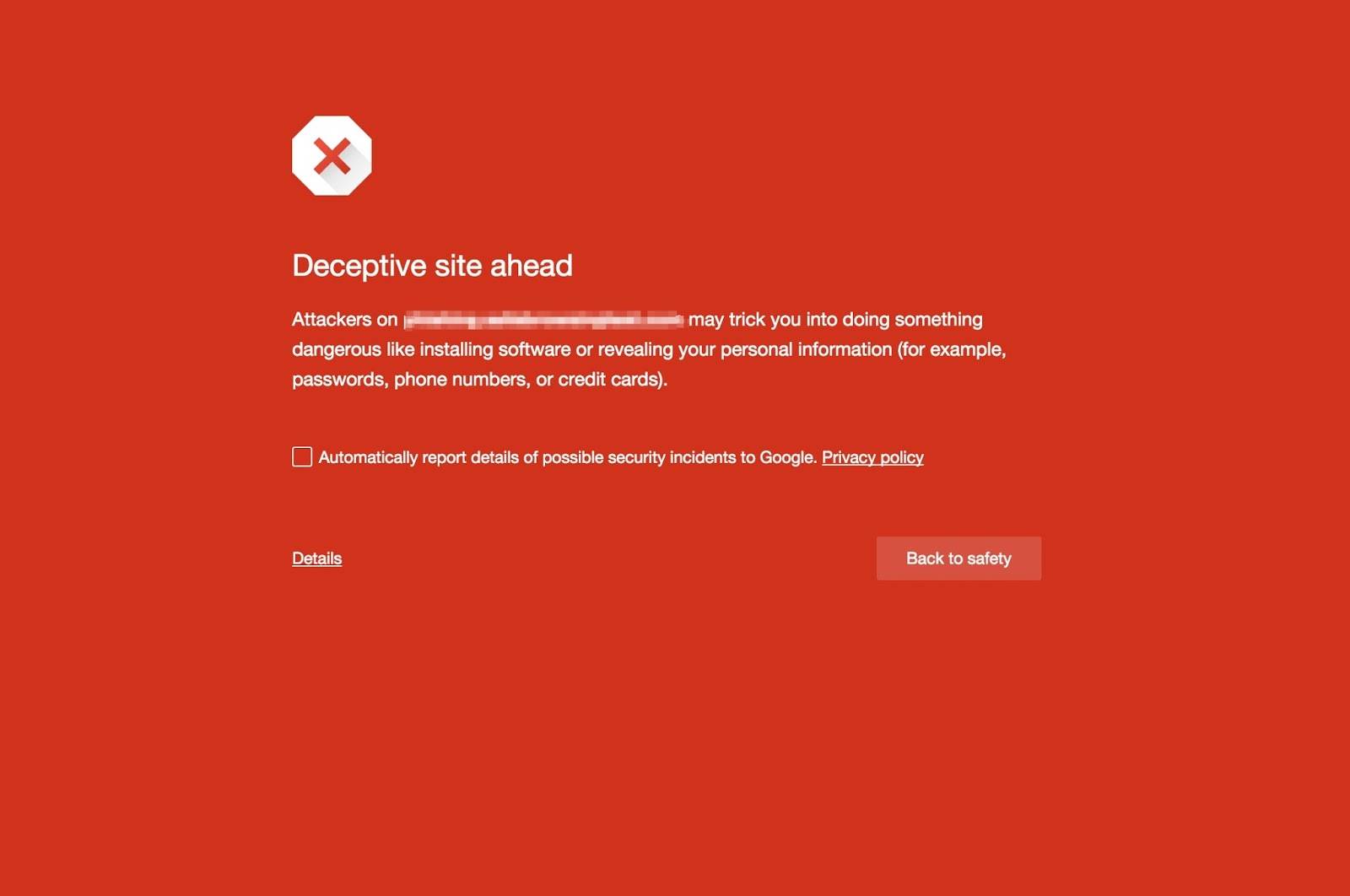
At one point in time, you’ve probably encountered pop ups that are seemingly trying to trick you into “updating” your current app or software or downloading something or even worse, trying to get some personal information for you that will be used for nefarious purposes. Safe Browsing is something that Google introduced last November, and now, they are expanding its reach to protect you from social engineering ads that may have “deceptive embedded content”.
Social Engineering has been defined as when they pretend to act, look, or feel like a trusted entity, like the website you’re on or the device or browser you’re using. It’s not by accident but rather a deliberate attempt to look legitimate. It also includes trying to trick you into doing something that is normally reserved for trusted entities only. You might be asked to share a password or call tech support, which normally you wouldn’t do, except this time you thought you were doing so for a trusted entity.
But thanks to the expanded reach of Safe Browsing, this should not appear on sites anymore, or at the very least, you will get a warning in a red box, saying it’s a deceptive site ahead, cautioning you to not proceed. And if you have a website and people consistently see social engineering content, visitors will be warned. If you have been flagged for social engineering content, then you should fix it immediately and troubleshoot with Search Console.
But of course the first rule when it comes to encountering these things is, if it feels weird, and if your trusted sites, apps normally don’t ask you to do those things, then it’s probably a social engineering ad. Best to report it if they still managed to get past Google’s Safe Browsing though.
SOURCE: Google










Not Fair! Without cheesy deceptive ads the rest of us may have to actually PAY for internet content that is now generated for free, subsidized by the morons that get suckered by these ads. Let sleeping dogs lie, and let morons get suckered. It’s just natural selection in it’s next iteration.